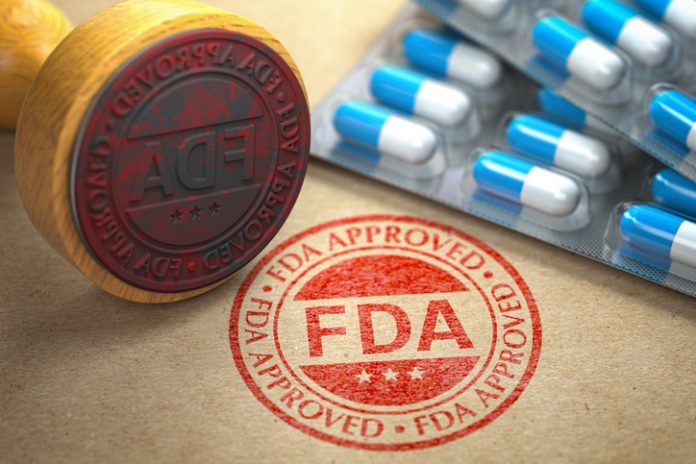Legislators from both sides of the aisle have reintroduced in Congress a bill to get promising drugs into the hands of patients faster.
Originally introduced in 2020, the Promising Pathway Act (PPA) would streamline the provisional approval process for drugs that have been shown to be safe but have not completed the years of efficacy trials required by the U.S. Food and Drug Administration (FDA).
Four Democrats and four Republicans are co-sponsoring the bill in the U.S. House of Representatives. Sen. Mike Braun (R-IN) introduced a companion bill in the Senate.
The bill states the process would apply to drugs proposed to treat “a serious or life-threatening disease or condition for which there is a reasonable likelihood that premature death will occur without early medical intervention for an individual contracting or being diagnosed with such disease or condition; or a disease or condition that poses a threat of epidemic or pandemic.”
Insurers would not be allowed to decline reimbursement for drugs covered by the legislation.
Lower Cost, Greater Access
Bill co-sponsor Rep. Bruce Westerman (R-AR) says the PPA would increase competition in the prescription drug market and thus reduce drug prices.
“The Promising Pathways Act would allow pharmaceutical companies to petition the FDA for provisional approval if the drug has cleared early-stage clinical trials, already having proven safety,” Westerman states on his website. “The company could then sell their drug at a market acceptable rate, give patients access to innovative treatments and compete with large, monopolistic pharmaceuticals to lower consumer cost.”
Bill sponsor Rep. Mike Gallagher (R-WI) says the legislation will improve access to drugs that could extend or save lives.
“This bill prioritizes patients’ lives, promotes innovation, and cuts through the bureaucratic red tape that can slow down the approval process,” Gallagher states on his website.
In an op-ed in The Washington Times on October 2, Bart Madden, author of Free to Choose Medicine: Better Drugs Sooner at Lower Cost and Value Creation Principles, and Siri Terjesen, professor and associate dean of research at Florida Atlantic University, say PPA could cut years off the regulatory approval process.
“Under PPA, new drugs will receive provisional approval five to seven years earlier than the status quo via a two-year provisional approval,” Madden and Terjesen write. “Drugs that demonstrate patient benefits could be renewed for a maximum of six years, and the FDA could grant full approval at any time based on real-world as opposed to clinical trial data documenting favorable treatment results.”
Debating Cost Savings
Cato Institute Senior Fellow Jeffrey A. Singer, M.D. says he agrees the bill will help people get access to potentially lifesaving drugs sooner but questions whether the PPA will save them money.
“It is important to note that patients can and should still be allowed to not take the new medication, depending upon their individual risk-benefit assessment,” Singer said. “I am not sure the savings in regulatory costs will be passed on to consumers because there are so many other regulatory costs as well as other moving parts that contribute to the high cost of prescription drugs, not the least of which is the third-party payer system.”
John C. Goodman, president of The Goodman Institute and co-publisher of Health Care News, says drug therapies are generally more cost-effective than other medical treatments.
“Overregulation of drugs has kept many useful drugs off the market for too long, to the detriment of patients,” said Goodman. “Of all the major therapies, drugs are giving us the best return. They are more cost-effective than doctor therapy or hospital therapy. Deregulation is long overdue.”
Safety Assurance
Project ALS, an advocacy group for patients with progressive nervous system disease, says a provision in the PPA could help increase patient safety.
“Critically, the bill also establishes a requirement of a patient registry for all provisionally approved drugs,” said the group in a statement. “This will ensure, first, that in order to stay approved, each ALS drug must show robust, long-term safety and efficacy. Second, this registry will provide invaluable real-world data about ALS to the broader scientific community.”
The PPA is awaiting action in the House Committee on Energy and Commerce.
Kevin Stone (kevin.s.stone@gmail.com) writes from Arlington, Texas.
Internet info:
H.R. 3761, Promising Pathway Act, June 8, 2021: https://www.congress.gov/bill/117th-congress/house-bill/3761




















